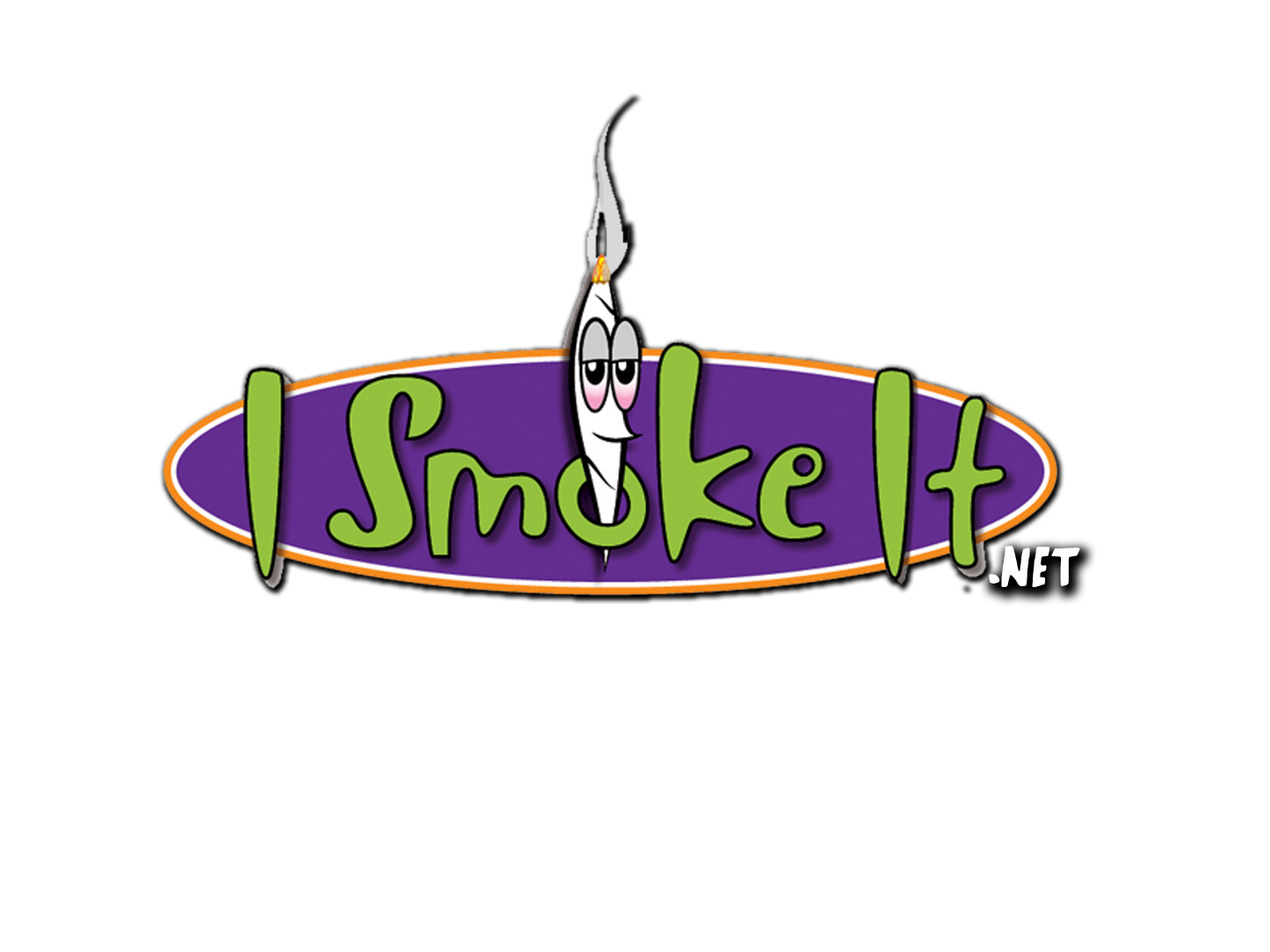» Podcast I Co-host: https://www.youtube.com/channel/UC6jKUaNXSnuW52CxexLcOJg
» ColdFusion Discord: https://discord.gg/coldfusion
» Twitter | @ColdFusion_TV
» Instagram | coldfusiontv
— About ColdFusion —
ColdFusion is an Australian based online media company independently run by Dagogo Altraide since 2009. Topics cover anything in science, technology, history and business in a calm and relaxed environment.
» Facebook | https://www.facebook.com/ColdFusioncollective
» Podcast Version of Videos: https://open.spotify.com/show/3dj6YGjgK3eA4Ti6G2Il8H
https://podcasts.apple.com/us/podcast/coldfusion/id1467404358
ColdFusion Music Channel: https://www.youtube.com/channel/UCGkpFfEMF0eMJlh9xXj2lMw
ColdFusion Merch:
INTERNATIONAL: https://store.coldfusioncollective.com/
AUSTRALIA: https://shop.coldfusioncollective.com/
If you enjoy my content, please consider subscribing!
I’m also on Patreon: https://www.patreon.com/ColdFusion_TV
Bitcoin address: 13SjyCXPB9o3iN4LitYQ2wYKeqYTShPub8
— “New Thinking” written by Dagogo Altraide —
This book was rated the 9th best technology history book by book authority.
In the book you’ll learn the stories of those who invented the things we use everyday and how it all fits together to form our modern world.
Get the book on Amazon: http://bit.ly/NewThinkingbook
Get the book on Google Play: http://bit.ly/NewThinkingGooglePlay
https://newthinkingbook.squarespace.com/about/
Sources:
https://utw10252.utweb.utexas.edu/people.html
https://www.nature.com/articles/s41586-022-04599-z
http://utw10252.utweb.utexas.edu
My Music Channel: https://www.youtube.com/channel/UCGkpFfEMF0eMJlh9xXj2lMw
//Soundtrack//
Bear Face – MXTHERBXY
No Spirit – Reminiscing
Owen – Bad News
Edward Sharpe and the Magnetic Zeros – Life Is Hard (Teen Daze Remix)
Sean Williams – Fray
Burn Water – Distant Dreaming
» Music I produce | http://burnwater.bandcamp.com or
» http://www.soundcloud.com/burnwater
» https://www.patreon.com/ColdFusion_TV
» Collection of music used in videos: https://www.youtube.com/watch?v=YOrJJKW31OA
Producer: Dagogo Altraide
source
About Post Author
ColdFusion
Average Rating
26 thoughts on “A.I. Just Designed An Enzyme That Eats Plastic”
Comments are closed.
More Stories
Mark Zuckerberg Has Lost Over $20 BILLION
Mark Zuckerberg has allegedly lost $20+ billion since changing Facebook to Meta and focusing on the Metaverse. I decided to...
Inside Bay Area’s Ruthless Afghan Street Gang
Tickets for My Live Event: https://www.eventbrite.com/e/tommy-g-presents-tickets-793704229717?aff=oddtdtcreator Merch: ... source
AI Deception: How Tech Companies Are Fooling Us
Visit our sponsor https://aura.com/coldfusion to get started on a 2-week free trial and see where your personal information is being...
Did She Deserve To Get Fired?
Second Channel: https://www.youtube.com/channel/UClTjur-9cx8Bb4MW8r0K6xw Spotify: https://spoti.fi/439TpHT Patreon: https://www.patreon.com/audittheaudit Twitter: https://twitter.com/AuditTheAudit Submit your videos here: [email protected] Sponsorship inquiries: [email protected] Welcome to Audit...
Mall Restaurants That Have Disappeared!
Over the years, many of us have grown to love some of the restaurants that are in mall food courts....




I've recently started getting into computational chemistry, and I have to say, it is some of the wildest stuff I've studied recently. Seeing how machine learning is applied into pure chemistry is one thing. But I really want to see how ai and machine learning can be applied to chemical engineering, especially reaction engineering. Finding the optimal reaction conditions to maximize output and yield, minimize costs and operation time, it's not an easy task.
I'm really looking forward to where this goes, especially in catalysis.
You've just had flu
Congratulations on your award 👏
What could go wrong? Hehe neat
So what about making it work at lower temperatures and it starts eating the bumper of our cars, the plastic wire casing? Whale blubber? How do we put the Genie back in the bottle then? We must be real careful with the quick fix.
here's an idea…
Make less plastic.
Great! Rust for plastics! What a great idea… Quit meddling because it's meddlers that will cause YAH to clean the Earth next time with fire instead of water.
Absolutely brilliant
😁👍
And thus begins the “grey goop” end of humanity 😅
The title is a weird extrapolation and pure exaggeration:
Enzymes aren't even living things, at all. So they cannot "eat" anything. They can do chemical reactions to catalyze or break down or build up molecules from or into other stuff,, sure. But that ain't what's called "eating". Eating involves tons more biological steps: it is something WAY more complex than a mere enzymatic reaction.
This title is like saying that because someone invented an automatic hammer that automatically hammers down nails, he thus invented a hammer that can build houses.
Nopeeee sireee.
Apart from that the video seems good.
They actually made five changes to the enzyme but only three of them were recommended by the AI so in the absence of further information it isn't really possible to determine how useful the AI was.
Also,as noted in the video, only working better at higher temperatures is indeed an issue. Reactions are generally expected to go faster at higher temperatures so in itself this is not much of an achievement or surprise if the wild-type enzymes don't normally operate at such temperatures..
It's a pity the whole article is paywalled at Nature. It is time that research funded by public monies should become free to the public, even if it is done with a delay to allow the Journals to make some profit (much academic publishing was generally very profitable the last time I looked).
What would happen if the enzyme made it out into the real world? The damage it would do would be apocalyptic considering there is plastic in everything.
Shoutouts to the scientist who knew exactly where to look to solve the problem. Nature has a lot of solutions if not all the solutions.
That’s awesome!!🔥🔥
yesss, fellow fan of Mike Kinsella eh. Owen and AFB are great. Love your content
AI has figured out humans are creating pe and eat us
Certain worms eat plastic. Humans know this already
Plastic is solid petrol
What is your view on turning waste plastic back into oil and waxes for reuse.
If I'd get a dollar for every number-crunching trial-and-error algorithm being called A.I., I could buy a Lambo.
1:15 PET based product are notoriously difficult to recycle ♻️ ? This is absolutely false
If it can be used for the good of humankind, it can also be used for the bad of humankind. The bigger issue is the interconnectedness of human populations today. So if one bad thing happens in one place with a spreadable agent it can easily spread everywhere rather rapidly.
There needs to be far more discussion on ethics in research and creating the means to stop such endeavors from getting out of hand before releasing them into the public. We need essentially antidotes and safeguards of a sort first; One doesn't step on the accelerator pedal in a car before they learn of the brake pedal. The same should go for chemistry and biology research.
I cant be the only on thinking….this will end badly
Don't do it. Look at what happened in Stray.
This scares me tbh. What if it morphs, or jumps into eating flesh, or plants, etc.
actually this isn’t new it has been around awhile still intresting though.